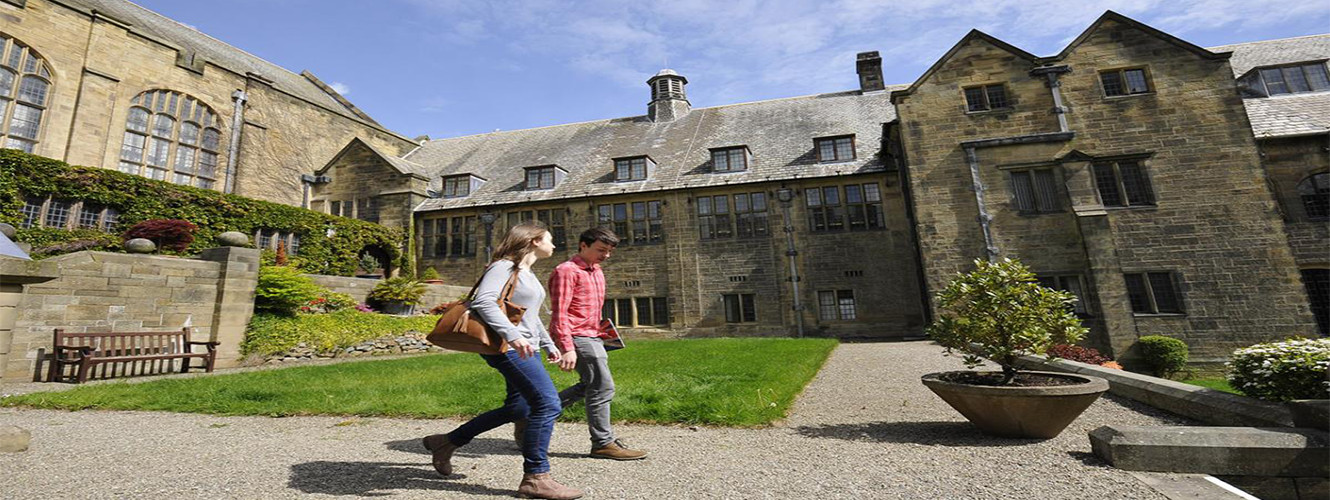UK120 BSc Zoology with Conservation Bangor University
-
THÔNG TIN CHUNG
Increasing interest in environmental conservation by governments and the public alike means that we now require a new generation of trained professional scientists with a sound zoological knowledge and an appreciation of the issues involved in local and global conservation.
This course provides traditional zoology (taxonomy, morphology, physiology and cell biology) with an emphasis upon animal ecology (biodiversity, ecology, behaviour and evolution). In addition you will take courses providing an appreciation of the need for environmental conservation and the means by which conservation objectives can be achieved. To this end the course establishes links between the academic learning environment and external environmental and conservation organisations in the form of project work and practical management plans.
You will acquire a broad theoretical understanding of zoology and conservation plus the acquisition of associated practical skills. Along with a comprehensive range of transferable skills, this degree will equip you with skills for employment in a conservation career.
If at the end of Year 2 a sufficient standard has been achieved, then progression onto the Masters year will be permitted following completion of Year 3. The fourth year offers a unique opportunity to conduct an extended research project either in the laboratory or in the field.
You will benefit from the proximity of an exceptional range of terrestrial, marine and freshwater habitats where field work, which is an integral part of the degree is conducted. Bangor is also home to the divisional offices of the Centre for Ecology & Hydrology (CEH), Natural Resources Wales (NRW), as well as the Royal Society for the Protection of Birds (RSPB), all of which have close links to the University and staff associated with this course. Biological Sciences is also part of the Environment Centre for Wales which is a partnership venture between Bangor University and the Natural Environment Research Council’s Centre for Ecology & Hydrology (CEH).
Placement Year
This course is available as a 4-year ‘with Placement Year’ option. Please apply for Zoology with Conservation (with placement) BSc C3L4. Find out more about 'with Placement Year' courses here.
The placement year provides you with a fantastic opportunity to broaden your horizons and develop valuable skills and contacts through working with an organization relevant to your degree subject. Previous and current students have worked with a wide variety of placement providers, ranging from private companies to educational organizations, charities, government authorities and non-governmental organizations. Our students who have undertaken a placement year have highlighted how the experience has helped them to develop invaluable networks, confidence and life experience as well as subject knowledge and skills that have boosted their employability.
The Placement Year is undertaken at the end of the second year and students are away for the whole of the academic year. The minimum period in placement (at one or more locations) is seven calendar months; more usually you would spend 10-12 months with a placement provider. You would normally start sometime in the period June to September of their second year and finish between June and September the following year. Placements can be UK-based or overseas and you will work with staff to plan and finalise the placement arrangements.
You will be expected to find and arrange a suitable placement to complement your degree, and will be fully supported throughout by a dedicated member of staff at your academic School and the University’s Skills and Employability Services.
-
CƠ HỘI NGHỀ NGHIỆP
Internships
Bangor University runs a paid internship scheme within the university’s academic and service departments.
Career
Conservation zoologists work mostly in government organisations (local councils, CCW, CEH and EA) or in non-governmental organisations (eg National Trust, RSPB). Ranges of career paths are available within these organisations, from wildlife monitoring and assessment to the practical implementation of conservation management plans.
- ĐIỀU KIỆN ĐẦU VÀO
- ĐIỀU KIỆN NGÔN NGỮ
- HỌC BỔNG
- ĐỊA ĐIỂM
Tóm tắt
-
Phí ghi danh
0
-
Độ dài khoá học
3 năm
-
Kỳ nhập học
Tháng 9
Phí Cơ Bản
-
Loại Tiền
-
Học Phí
Trên năm -
Phí Sinh Hoạt
Trên năm -
Tổng






